Omega-3 fatty acids are one of the most elusive nutrients in the typical American diet, and one that many people miss out on getting enough of. Unlike omega-6, omega-3 is not found in many commonly consumed foods, so most people have to be intentional about getting adequate amounts of this beneficial fatty acid. Gaining a clear understanding of the importance of omega-3 fatty acid for adults and children alike can have a profound effect on your overall health. Here is what you need to know about the importance of omega-3 fatty acids and why you should be purposeful about consuming them regularly.
What Are Omega-3 Fatty Acids?
 Omega-3 fatty acids are a type of polyunsaturated fat, a type of fat that the body is unable to make on its own. Because the body cannot produce omega-3, it is designated as “essential,” meaning that it must be obtained via the diet.
Omega-3 fatty acids are a type of polyunsaturated fat, a type of fat that the body is unable to make on its own. Because the body cannot produce omega-3, it is designated as “essential,” meaning that it must be obtained via the diet.
There are various unique types of omega-3 fatty acids, distinguished by their structure and size. The three most common types of omega-3s are eicosapentaenoic acid (EPA), docosahexaenoic acid (DHA), and alpha-linolenic acid (ALA).
Where to Find Omega-3 Fatty Acids
So if your body does not naturally produce these essential fatty acids, where can you find them? The best source of omega-3s are oily fish. Good choices include salmon, trout, mackerel, sea bass and sardines. You can also get minimal amounts of ALA by eating flax seeds, chia seeds, walnuts and various plant oils. If you know that you are not likely to consume these food products, you would be wise to look into getting your omega-3 fatty acids through a high-quality dietary supplement.
The Difference Between Omega-3 and Omega-6 Fatty Acids
It is important that you do not confuse omega-3 fatty acids with their omega-6 counterparts. While both types of fatty acids deliver benefits to the body, there needs to be a proper balance between the two in order to reap optimal benefits. Similar to omega-3s, omega-6s are considered to be essential fatty acids.
Omega-6 fatty acids are found primarily in seeds, nuts, leafy vegetables, grains and vegetable oils. These fatty acids help to promote bone health, keep your metabolic system in check, encourage healthy skin and hair growth and much more.
Most Americans tend to consume an unhealthy ratio of omega-6 fatty acids to omega-3 fatty acids. While the optimal ratio would be somewhere between 1:1 and 4:1, ratios between 15:1 and 17:1 are more realistic when following a typical Western diet. This is primarily because Americans tend to consume large amounts of cooking oils and grains that contain omega-6 as opposed to eating more foods that boast a high amount of omega-3s.
Too much omega-6 intake is harmful, leading to excess amounts of inflammation in the body. The good news is that you can counteract this abundance of omega-6 by being mindful about consuming more anti-inflammatory omega-3 fatty acids.
The Importance of Omega-3 Fatty Acids
There is no shortage of benefits to getting an adequate amount of omega-3 fatty acids in your diet. Here are a few of the key benefits to consider.
Anti-inflammatory Agent
Sufficient amounts of omega-3s will act as an anti-inflammatory agent.
Heart Health
In addition to boosting overall heart health, omega-3s work to regulate the body’s blood clotting function.
Thyroid Function
By regulating thyroid function, you will also enjoy a better metabolic response.
Mood Booster
Consuming just a small amount of omega-3 fatty acids can produce a meaningful positive effect on your mood. Not only will omega-3 naturally boost your emotional and mental health, but it can also improve sleep quality.
Bone Health
By positively affecting the calcium balance throughout your body as well as membrane function, adequate amounts of omega-3s will promote bone health.
Immune System Function
Taking in the right amount of omega-3 has also been shown to promote solid immune system function and gut health.
Signs You May be Deficient in Omega-3s
There are a number of signs that you can watch out for to determine if you may not be getting enough omega-3s in your diet. Many individuals diagnosed with depression determine that they are low in omega-3 intake. Some people first notice the deficiency when the health of their skin begins to deteriorate. Skin that unexplainably becomes dry or irritated could be a sign of an omega-3 deficiency.
In the same way omega-3 intake can promote healthy and hydrated skin, it also helps to keep your hair looking its best. Hair that suddenly appears dry or brittle may be the result of not getting enough omega-3 in your diet. This fatty acid also plays an important role in maintaining good eye health. One last telling symptom of an omega-3 deficiency is recurring joint pain or stiffness in the body.
While there is no specific test to measure the levels of omega-3s in your body, your health care provider can look for clues in other lab results to try to determine if you need to increase your intake of this crucial fatty acid. Aside from including more omega-3 rich foods in your diet, taking a high-quality dietary supplement like Resverchron can help you get an adequate amount of omega-3’s, along with other important vitamins and minerals.
Omega-3 Fatty Acid Recipes
Now that you know what omega-3 fatty acid is, why it is important and the signs that you may be deficient, you can take control over this part of your health and take the necessary steps to boost your intake of this essential fatty acid. Below are a few simple and delicious recipes to get you started.
Poached Salmon Salad
 Ingredients
Ingredients
Salmon:
1/4 c. dry white wine
1/4 c. water
2 (6 – 8 oz. filets) wild-caught salmon
2 tbsp. butter, softened
1 – 2 tsp. parsley
salt and pepper to taste
Salad:
1 1/2 c. lettuce of choice, chopped into bite-size pieces
1/4 small red onion, chopped
1 avocado, cut into 1/2-inch pieces
2 tbsp. red wine vinegar
2 tbsp. olive oil
1/2 c. fresh parsley
salt and pepper to taste
Directions
- Put white wine and water in a large, non-stick skillet. Heat over medium-high heat for about five minutes.
- Add salmon filets, dotting with softened butter. Season with parsley, salt and pepper.
- Bring liquid to a boil, then reduce heat to medium. Poach salmon at medium heat for 10 to 15 minutes, or until flesh is opaque.
- Combine lettuce, red onion, avocado, red wine vinegar, olive oil and parsley in a large bowl. Salt and pepper to taste. Place poached salmon filets on top of the salad and enjoy!
Omega-3 Smoothie

This delicious and simple-to-make smoothie provides a number of omega-3-rich ingredients. Enjoy daily for a healthy boost of the omega-3 fatty acids your body craves!
Ingredients
8 oz. non-dairy milk of choice (coconut, flax or almond milk work well)
1 banana, peeled
1 c. spinach
1 tbsp. peanut butter or almond butter
1 tbsp. walnuts, chopped
1 tbsp. flax seeds, ground
1/2 tbsp. chia seeds
Directions
- Combine all ingredients in a blender.
- Blend until smooth. Pour into a glass and enjoy!
No-Bake Omega-3 Energy Balls
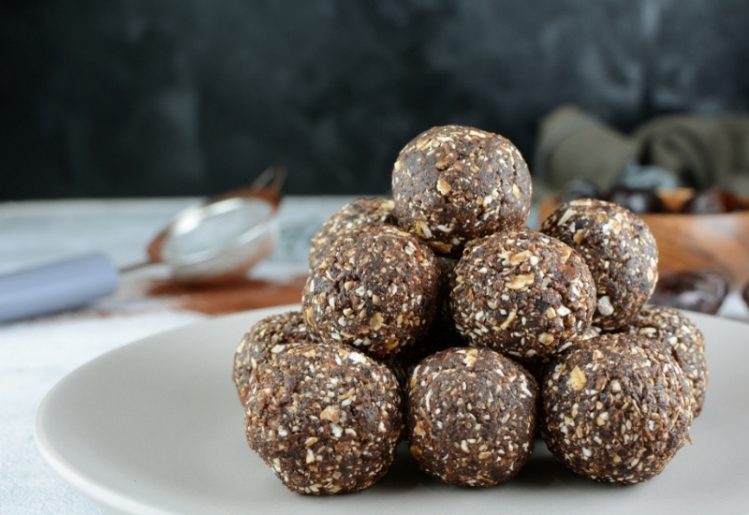 These yummy and nutritious no-bake energy balls can be enjoyed as a snack or healthy dessert by adults and kids alike.
These yummy and nutritious no-bake energy balls can be enjoyed as a snack or healthy dessert by adults and kids alike.
Ingredients
1 c. walnuts or almonds, chopped
1/2 c. green pumpkin seeds (pepitas)
1/2 c. rolled oats
1/2 – 3/4 c. raw honey
5 tbsp. cocoa powder
3 tbsp. peanut butter (or nut butter of choice)
2 tbsp. flax seeds
1 tbsp. coconut oil
1/4 tsp. Himalayan sea salt
Directions
- Add nuts, pumpkin seeds and flax seeds to food processor. Pulse until finely ground.
- In a medium bowl, combine nut/seed mixture with rolled oats, cocoa powder and sea salt. Mix well.
- Add honey, nut butter and coconut oil. Stir until smooth.
- Form mixture into tablespoon-size balls.
- Place on cookie sheet or plate and put in refrigerator for 10 – 15 minutes, or until firm.
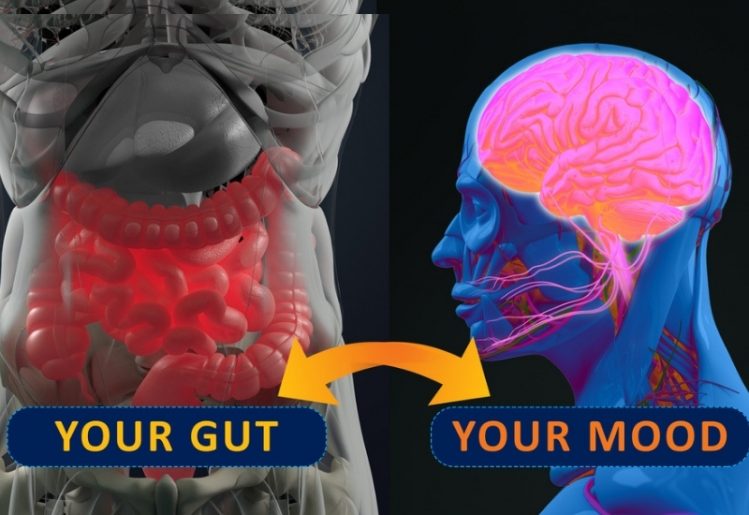 While there are already established links between gut microbiota and
While there are already established links between gut microbiota and  he daily diet is the key element when it comes to the health of the gut microbiome. In fact, researchers have been able to connect specific microbes to specific foods. In the future, that may be able to help produce detailed, food-specific diets to help people with a high risk of a particular disease reduce that risk via
he daily diet is the key element when it comes to the health of the gut microbiome. In fact, researchers have been able to connect specific microbes to specific foods. In the future, that may be able to help produce detailed, food-specific diets to help people with a high risk of a particular disease reduce that risk via 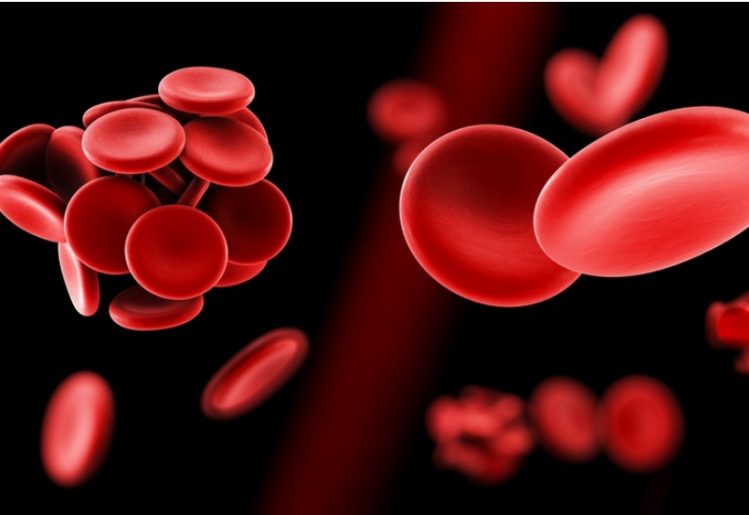 As far back as 1929,
As far back as 1929, 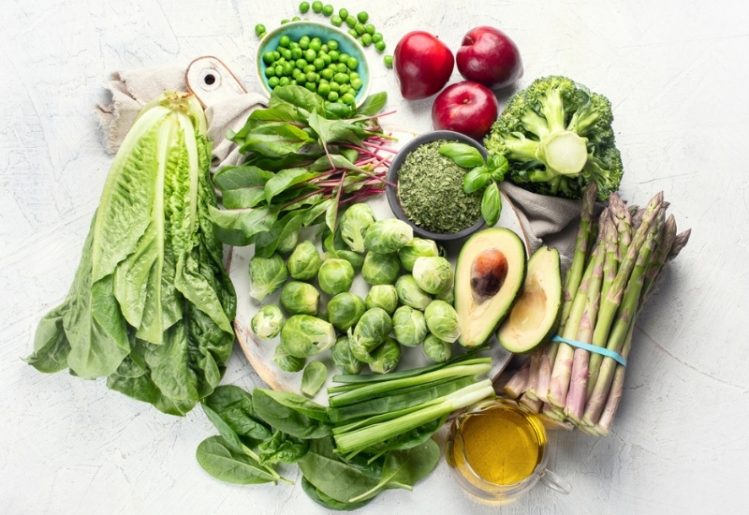 Although Brussels sprouts isn’t a popular food, it is very nutritious. Among the highly valued nutrients it contains, a half cup of this veggie provides 109 mcg (91 percent DV) of vitamin K. A 100 gram serving will provide the body with 140 mcg (117 percent DV) of this nutrient.
Although Brussels sprouts isn’t a popular food, it is very nutritious. Among the highly valued nutrients it contains, a half cup of this veggie provides 109 mcg (91 percent DV) of vitamin K. A 100 gram serving will provide the body with 140 mcg (117 percent DV) of this nutrient. The health benefits of curcumin,
The health benefits of curcumin,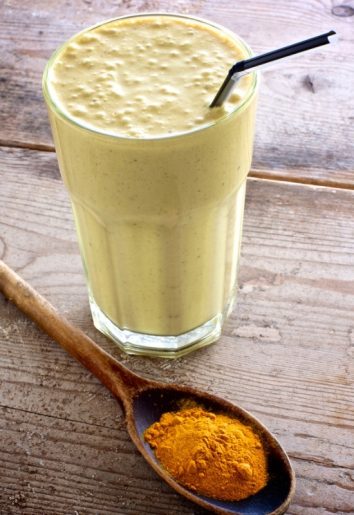 Fresh turmeric root is a great addition to your morning smoothie. You can also add a bit of the ground spice to get in your daily dose of curcumin. While it normally possesses a strong flavor, putting turmeric in a smoothie will usually disguise it when used in moderation.
Fresh turmeric root is a great addition to your morning smoothie. You can also add a bit of the ground spice to get in your daily dose of curcumin. While it normally possesses a strong flavor, putting turmeric in a smoothie will usually disguise it when used in moderation.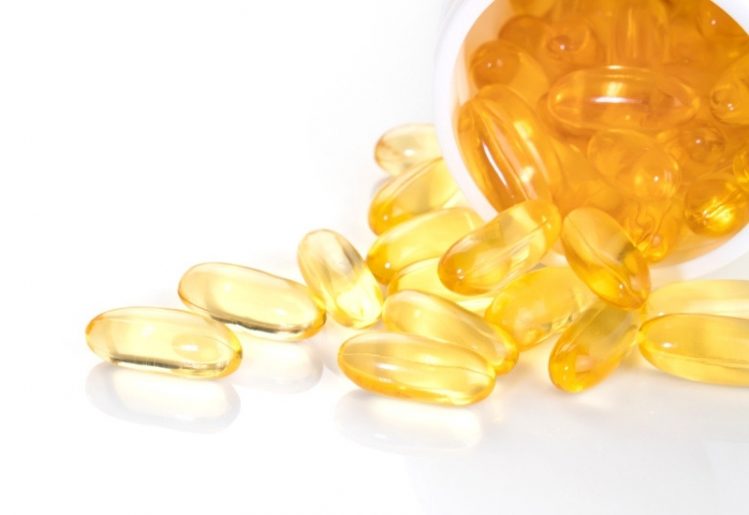 Aside from its role in building strong teeth and
Aside from its role in building strong teeth and  The
The 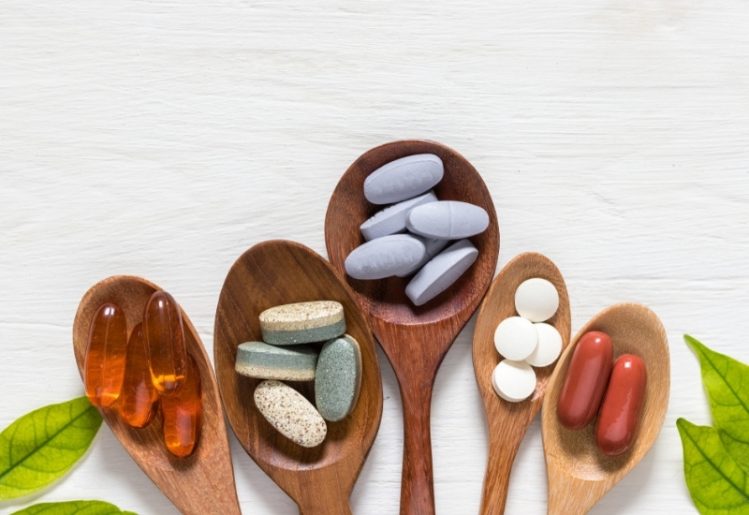 A
A  The cornerstone of all good health starts with a commitment to
The cornerstone of all good health starts with a commitment to